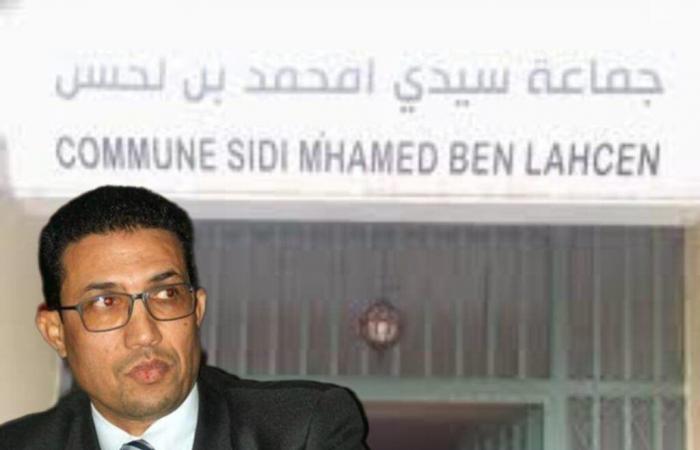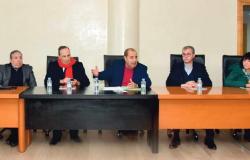This article was automatically translated from HIBAPRESS, the Arabic version:
Heba Press – Fez Office
The community of Sidi M’hamed Ben Lahcen, in the province of Taounate, faces a tragic reality that reflects continued marginalization that has exacerbated problems of poverty, unemployment and lack of basic services.
The population suffers from an almost total absence of infrastructure, particularly roads, and a shortage of water due to the drying up of wells without any alternative solution, in addition to the absence of social and cultural projects that meet the needs. needs of the population and contribute to improving the situation. their conditions.
Causes of the crisis:
Poor management: Local activists and opposition members denounce poor administrative efficiency and poor management of local affairs by elected authorities who have remained in office for many years.
Lack of development vision: lack of clear investment plans in human and material resources.
Weak leadership: The absence of the group’s president from meetings and sessions due to his illness and advanced age sparked criticism from the opposition, which called for a ministerial commission to be sent to investigate violations of group management.
Requests from the population:
The supervisory authorities intervene urgently to launch development projects which offer employment opportunities and improve living conditions.
Improve basic infrastructure, such as roads and water, to combat marginalization.
Hold those responsible for mismanagement accountable and send a ministerial committee to investigate the situation.
Repercussions of the situation:
The migratory hemorrhage continues: young people migrate in search of job opportunities in the absence of local alternatives.
Exacerbation of poverty and underdevelopment: The persistence of the current situation leads to increased isolation of the group and a deepening of the cycle of poverty.
Residents hope their voices will resonate with officials to bring about radical change that will restore hope to their community and achieve long-awaited developmental justice.






